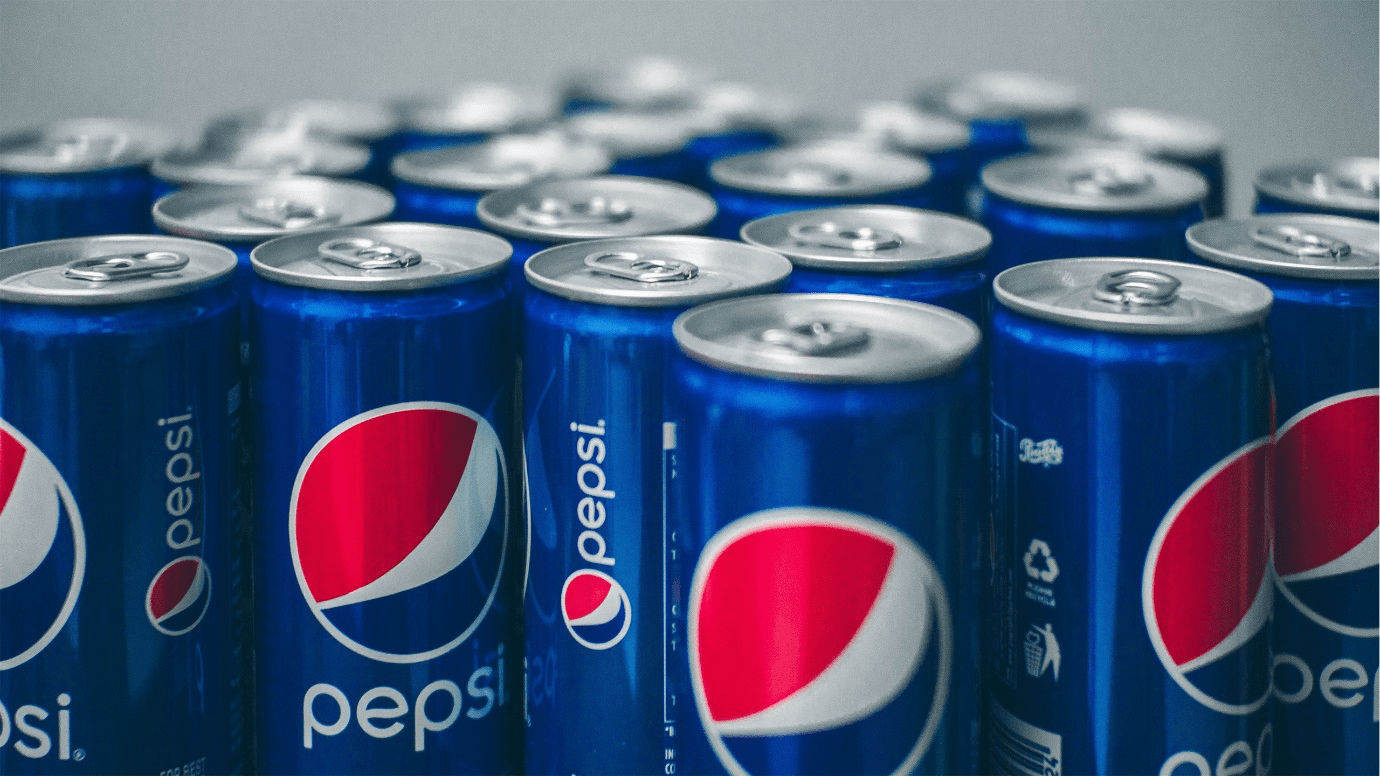
Why Skills-First Leadership Is Replacing the Ivy League Playbook in the C-Suite
The old prestige pyramid—where Ivy League degrees and blue-chip consulting backgrounds paved the way to the CEO seat—is cracking.

April 27, 2022: -On Tuesday, PepsiCo reported quarterly earnings and revenue that topped analyst expectations, as consumers were paying more for their Doritos, Quaker oatmeal, and Gatorade.
Based on its performance, the company has raised its full-year forecast for organic revenue growth.
Pepsi reported first-quarter net income attributable to $4.26 billion, or $3.06 per share, up from $1.71 billion, or $1.24 per share, a year earlier.
Pepsi also reported a $193 million impairment charge after taxes as it wanted to discontinue or reposition a few of its juice and dairy brands in Russia. The charge is dragging down its earnings by 14 cents for each share. An extra impairment charge of $241 million after taxes related to the Russia-Ukraine conflict weighed on its revenues by 17 cents for each share.
Pepsi generates almost 4% of its annual revenue in Russia, making it one of the few markets with a bigger presence than Coke. In March, Pepsi joined a host of different Western countries in suspending some of its Russian business but decreased short of stopping sales entirely like rival Coca-Cola. Pepsi said it would keep selling some essential products, like baby formula, milk, and baby food.
Without the sale of its juice business, the Russian impairment charge, and other items, the company has made $1.29 per share, topping the $1.23 per share expected by analysts surveyed by Refinitiv.
Net sales surged 9.3% to $16.2 billion, beating expectations of $15.56 billion. Organic revenue increased 13.7% in the quarter, mainly fueled by higher prices.
The North American beverage business reported volume growth of 3%. This quarter marked the launch of Pepsi’s foray into alcohol with Hard Mtn Dew, made in partnership with Boston Beer.
Frito-Lay North America saw a volume increase of just 1% in the quarter, although the segment’s organic revenue climbed 14%. Doritos, Lay’s, Ruffles, and Cheetos saw double-digit revenue growth.
Quaker Foods was the only North American business unit to report shrinking volume during the quarter. The segment is struggling to hold onto the consumers it gained in the early days of the pandemic when more people were eating breakfast at home.
Pepsi is expecting organic revenue growth of 8% for the entire year, up from its prior forecast of 6%. The company reiterated its forecast for full-year core earnings for each share growth of 8%.

The old prestige pyramid—where Ivy League degrees and blue-chip consulting backgrounds paved the way to the CEO seat—is cracking.

Loud leaders once ruled the boardroom. Charisma was currency. Big talk drove big valuations.

But the CEOs who make history in downturns aren’t the ones with the deepest cuts

Companies invest millions in leadership development, yet many of their best executives leave within a few years. Why?

The most successful business leaders don’t just identify gaps in the market; they anticipate future needs before anyone else.

With technological advancements, shifting consumer expectations, and global interconnectedness, the role of business leaders

Following a distinguished Law Enforcement career Joe McGee founded The Securitatem Group to provide contemporary global operational specialist security and specialist security training products and services for private clients, corporate organisations, and Government bodies. They deliver a wide range of services, including complete end-to-end protection packages, close protection, residential security, protection drivers, and online and physical installations. They provide covert and overt investigations and specialist surveillance services with a Broad range of weapons and tactical-based training, including conflict management, risk and threat management, tactical training, tactical medicine, and command and control training.

Jay Wright, CEO and Co-Owner of Virgin Wines infectious energy, enthusiasm, passion and drive has been instrumental in creating an environment that encourages talent to thrive and a culture that puts the customer at the very heart of every decision-making process.

Fabio de Concilio is the visionary CEO & Chairman of the Board at Farmacosmo, a leading organization dedicated to mental health and community support services. With a deep commitment to identifying and meeting customer needs, Fabio ensures that high standards are maintained across the board.

Character Determines Destiny – so said Aristotle. And David CM Carter believes that more than anything else. For David, it has been numerous years of research into codifying Entelechy Academy’s 54 character qualities that underpin everything he stands for as a leader and teacher.


Leave us a message
Subscribe
Fill the form our team will contact you
Advertise with us
Fill the form our team will contact you